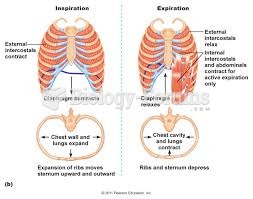|
|
|
It is believed that humans initially contracted crabs from gorillas about 3 million years ago from either sleeping in gorilla nests or eating the apes.
Between 1999 and 2012, American adults with high total cholesterol decreased from 18.3% to 12.9%
Though Candida and Aspergillus species are the most common fungal pathogens causing invasive fungal disease in the immunocompromised, infections due to previously uncommon hyaline and dematiaceous filamentous fungi are occurring more often today. Rare fungal infections, once accurately diagnosed, may require surgical debridement, immunotherapy, and newer antifungals used singly or in combination with older antifungals, on a case-by-case basis.
There are more bacteria in your mouth than there are people in the world.
Eat fiber! A diet high in fiber can help lower cholesterol levels by as much as 10%.






